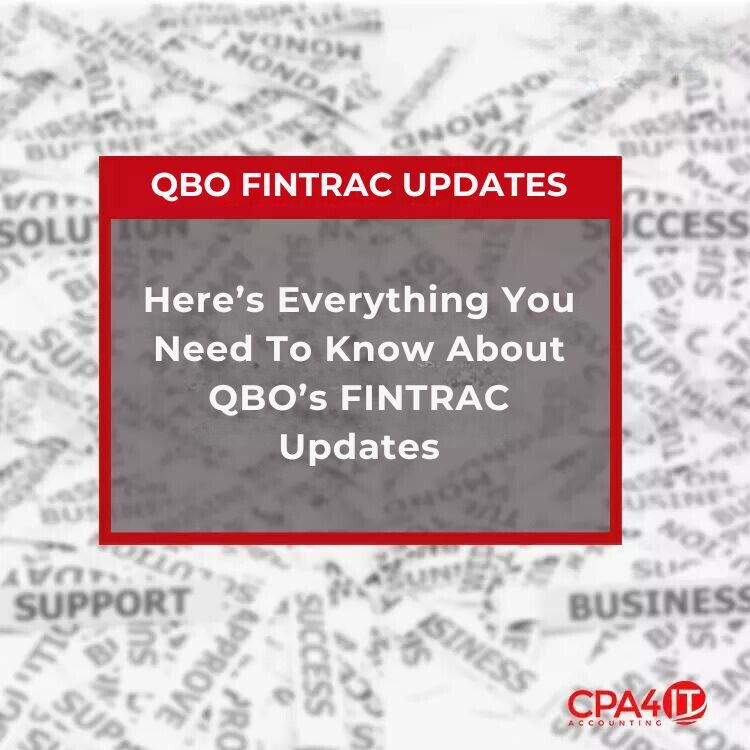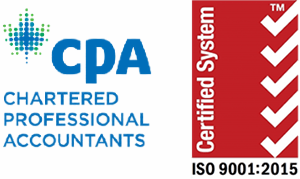For a donation to be eligible, the transfer of ownership has to be voluntary.
Examples of donations that do usually qualify for charitable tax credits include:
- money;
- securities;
- ecologically sensitive land;
- certified cultural property;
- capital property;
- personal-use property (such as paintings, sculptures, jewellery, stamps, and coins); and
- inventory (such as art, antiques, rare books).
Examples of donations that do not usually qualify for charitable tax credits include:
- contributions of services, such as time, skills, effort;
- the payment of a basic fee for admission to an event or program (for example, fees for daycare or nursery school facilities);
- the purchase price of a lottery ticket or other chance to win a prize, even though the lottery proceeds benefit one or more charities;
- the payment of tuition fees (exceptions exist);
- gift certificates donated by the issuer (may qualify under specific circumstances as indicated in guidance CG-007); and
- pledges.
For a more comprehensive list, go to What is a gift?
See P113, Gifts and Income Tax, for information about:
- non-qualifying gifts
- gifts to U.S. charities
- gifts to Canada, a province, or a territory
- gifts of ecologically sensitive land
- gifts of certified cultural property






